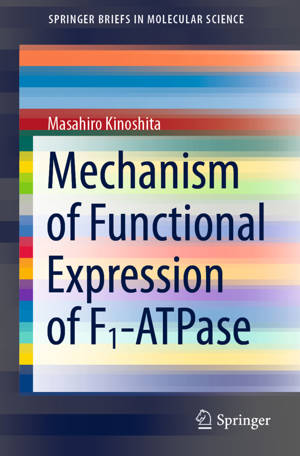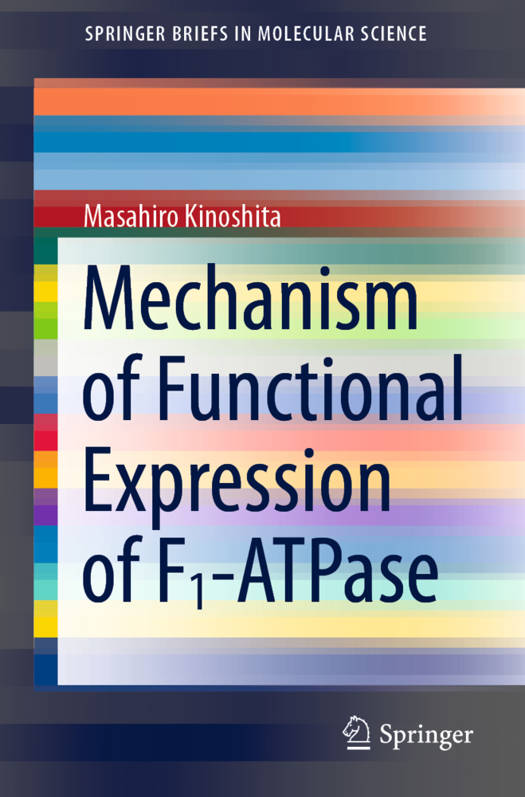
- Retrait gratuit dans votre magasin Club
- 7.000.000 titres dans notre catalogue
- Payer en toute sécurité
- Toujours un magasin près de chez vous
- Retrait gratuit dans votre magasin Club
- 7.000.0000 titres dans notre catalogue
- Payer en toute sécurité
- Toujours un magasin près de chez vous
Description
This book presents a new view of the mechanism of functional expression of ATP-driven motors (proteins or protein complexes). It is substantially different from the prevailing idea that the motor converts chemical energy to mechanical work. To facilitate understanding, the differences between the new and prevailing views are explained using many illustrations. The book is of interest to those who are not convinced of the notion of chemo-mechanical coupling. The claims presented are the following: The system, which comprises not only the motor but also water, does no mechanical work during the ATP hydrolysis cycle; a protein is moved or a protein in the complex is rotated by the entropic force generated by water. The highlight of the explanation in the book is that the mechanism of unidirectional rotation of the central shaft in F1-ATPase is discussed in detail on the basis of this new view. The hydration entropy of each β subunit to which a specific chemical compound (ATP, ADP and Pi, Pi, or nothing) is bound, the hydration entropy of the α3β3 complex, and the dependence of the hydration entropy of F1-ATPase on the orientation of the γ subunit play essential roles.
Spécifications
Parties prenantes
- Auteur(s) :
- Editeur:
Contenu
- Nombre de pages :
- 79
- Langue:
- Anglais
- Collection :
Caractéristiques
- EAN:
- 9789813362345
- Date de parution :
- 30-01-21
- Format:
- Livre broché
- Format numérique:
- Trade paperback (VS)
- Dimensions :
- 156 mm x 234 mm
- Poids :
- 140 g

Les avis
Nous publions uniquement les avis qui respectent les conditions requises. Consultez nos conditions pour les avis.






